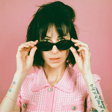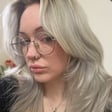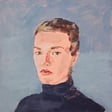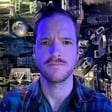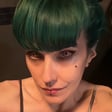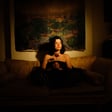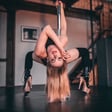
Melissa Alford
Ever since she was a little kid drawing ghosts and graveyards at her desk in her parents’ basement, MELISSA ALFORD wanted to be an artist. Always a fan of the weird and the macabre, she discovered her love of sequential art through artists like Gary Larson and Charles Addams.
Melissa went on to get her BFA in sequential art from the Savannah College of Art and Design, and has worked as a freelance illustrator and comic artist ever since. Working primarily in pen and ink, her work focuses on themes of finding beauty in the darkness, of working through challenging emotions with art, and of course, not forgetting her artistic roots, the occasional homage to vintage horror.
Melissa was born and raised in Portland, Oregon, and after having lived away for several years, has once again settled in The City of Roses.
https://www.melliferaarts.com/













